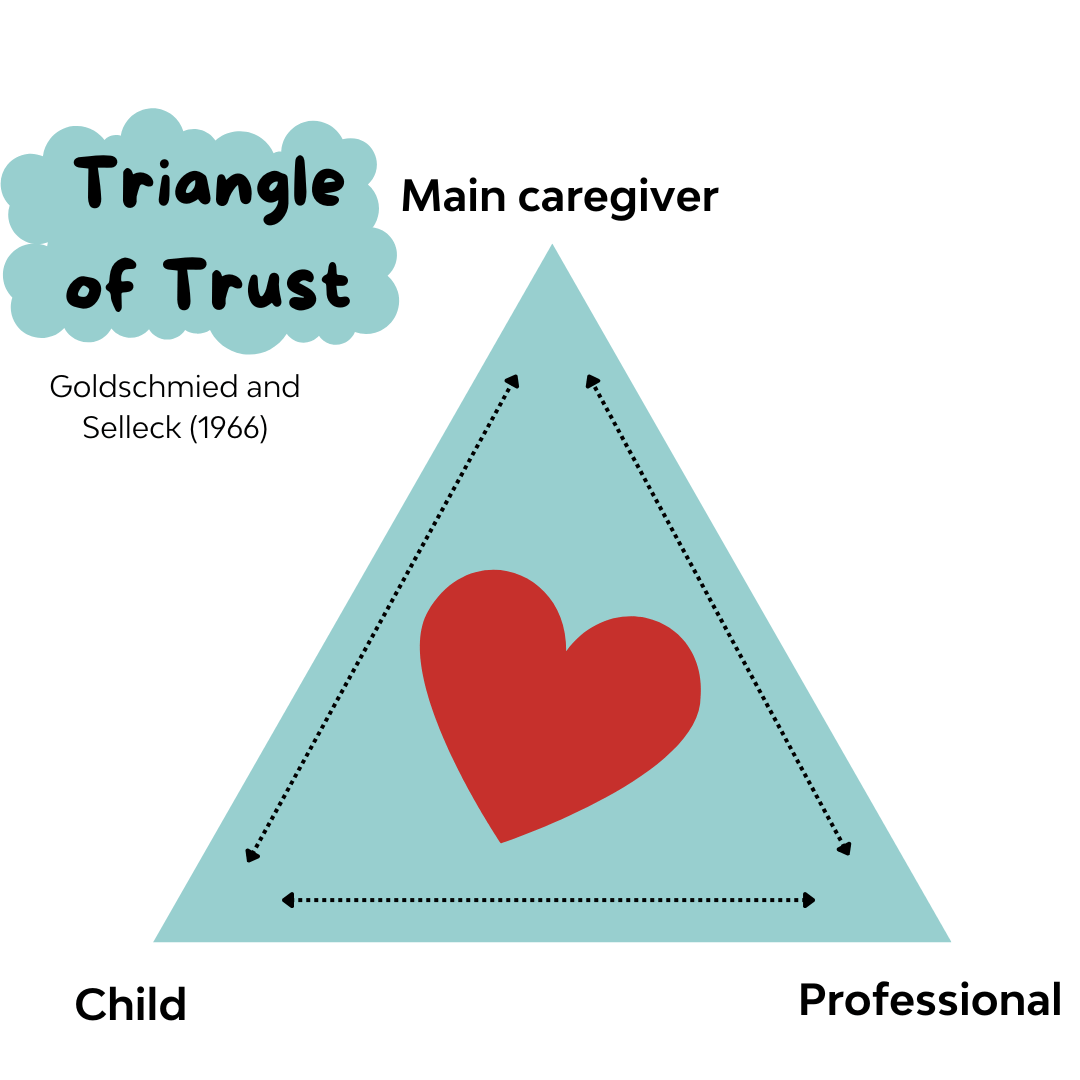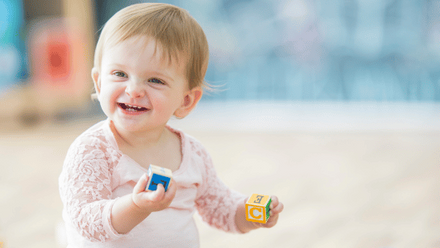What is a parent/carer partnership?
It is well established that the role of a child’s main caregivers at home – parents, carers or guardians – is paramount to a child’s development and wellbeing. They are the ones who spend the most time with their children and understand them like nobody else: they are the experts on their own little ones and, by harnessing the power of working in partnership with parents/carers, educators can begin to build special relationships of their own. Each setting will have a unique ethos and parent/carer partnership policy so be sure to explore how this is promoted within your work.
What is a parent/carer partnership?
Parent/carer partnerships in early years refer to the relationship that educators develop with the main caregivers of children within the setting. Just as we develop unique relationships with the children in our care, it is important that our partnerships with their grown-ups follow the same path. Establishing a sense of confidence for families in the role and service of educational settings early on helps to support ongoing communication when this later becomes a parent/carer partnership with school.
An effective parent/carer partnership can be referred to as a ‘Triangle of Trust’ – a three-way relationship between the child, main caregivers and the educator. This model helps to demonstrate the key service that each person has towards building the common aim of doing the best for every child. By positioning the child as an equal in this partnership, we are inviting their voice to be heard and the partnership is an inclusive one ‘with’ the child, rather than ‘about’ them.

Why is a parent/carer partnership important?
Research shows us that, whilst a high-quality setting has a significant impact on a child’s later outcomes, the home-learning environment is the most significant factor to enable children to thrive. This makes it even more important that we understand the home environment (such as the family culture, interests and wider circumstances) to know how best to support our entire triangle of trust.
How to promote a successful parent/carer partnership
Keeping things accessible to encourage a parent/carer partnership
Parenting is a full-time job, with no lunch breaks and certainly no annual leave! Things can get chaotic, and moments that support a developing partnership can often fall to the wayside during a rushed drop-off or forgetting to reply to the latest learning journal update.
To maximise your partnership communication, think about how you can make these opportunities more accessible to all.
-
Offer ‘parent/carer meetings on multiple occasions and at different times in the day to help those who might struggle to attend.
-
Make clear that children are welcome to come along to these events, to accomodate families without other childcare provision.
-
Try to send any information that requires a response with plenty of notice, with a follow-up gentle reminder for those who have not got back to you. This creates more time and space to get the responses you need.
Make the most of the settling in period to support a positive parent/carer partnership
Whether a child is starting at a setting for the first ever time, or moving to a new setting from a previous provision, the settling-in process is one that aims to supports everyone involved to feel welcome, understood, and safe.
Stay and play sessions offer not only a way to reassure children in the transition, but also a space for professionals to ask about family life and unique interests, routines and interests to best meets the child’s needs.
Taking time to review each new day with a settling child is also crucial. We all know that it can take time to learn what works best for each child and providing more space for detailed handovers allows you to ask questions to understand them better every day.
Build bridges on learning to grow a parent/carer partnership
Particularly with younger children, it can be difficult for those at home to draw out information on the things they have been up to during the day. Whilst learning journals are great for highlighting key activities, they limit the kind of interaction a parent or carer can have to just ‘seeing’.
Why not provide an activity to take home that allows the child to extend their learning in the home environment and encourages a parent/carer to interact and get involved into ‘doing’ too!
Key takeaways
Every family is unique, with their own strengths and struggles – a lot of which aren’t visible at the nursery door. Be mindful of this if you have parents/carers who appear ‘less engaged’ in the daily communication – just because we don’t see a typical reaction of engagement, it doesn’t mean they aren’t interested.
It is always important to acknowledge that, when a parent/carer drops their child off in the mornings, they are handing you the most precious part of their world. Let’s make sure we do everything we can to keep them involved, understood, and respected in their child’s daily lives, even when they can’t be there.






